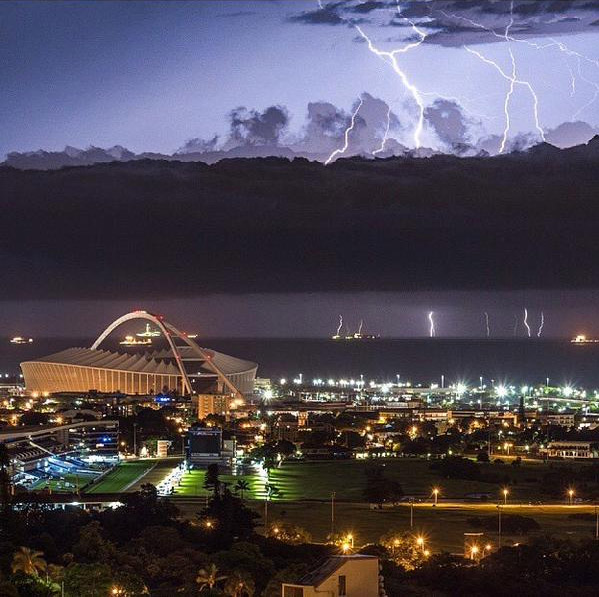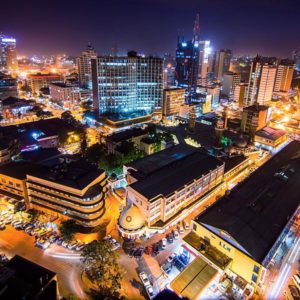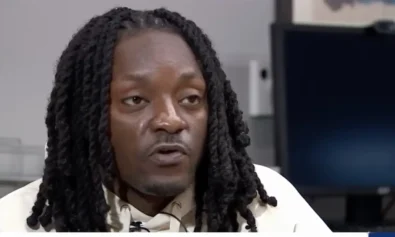When most people in the West think of Africa, the first images that come to mind are starving children, wars and disease, not modern stadiums, pristine beaches and high-rise buildings. Fusion reports a Twitter campaign is working to change the image of Africa.
According to Fusion, the #TheAfricaTheMediaNeverShowsYou hashtag has already generated more than 42,000 tweets and retweets. Africans are using the hashtag to share positive images of smiling children playing on beaches, Africa’s three women heads of state, African artwork and modern and ancient architecture. These pictures run contrary to the images often shown on Western media, which offer a never-ending stream of death and misery.
Native Africans and Africans in the Diaspora are involved in the campaign because they want to show images they can be proud of.
“‘I got involved because growing up I was made to feel ashamed of my homeland, with negative images that paint Africa as a desolate continent,’ said 22-year-old Diana Salah (@lunarnomad), a first generation Somali-American student who has been driving the hashtag’s spread recently,” reported Fusion. “‘I used to get questions ranging from ‘were you born in a hut’ to hurtful comments about disease and poverty.’”
Negative images of Africa have been around for centuries, when colonists portrayed it as a “dark continent” populated by savages who needed to be civilized by Europeans. Unfortunately, that message is still perpetuated by the Western media. And it’s not only white people who have a negative view of the continent. Many Black people in the Diaspora are hesitant to visit the Motherland.
Senegalese-American singer Akon said media outlets have painted such a bleak picture of Africa that many Black people are terrified at the thought of stepping foot on the continent.
“How many African-Americans do you know actually consider Africa as a vacation spot?” said Akon in an Al-Jazeera interview. “Not one… Even just for knowledge, just to know where they came from, just to get an idea of what that is; there is so much fear instilled in them that they wouldn’t even want to go there to visit. You mention Africa, they start shaking.”
Grammy-award winning singer Angelique Kidjo, who is from Benin, also shared Akon’s frustration with media portrayals of Africa. She pointed out Western media outlets only focus on stories about “violence, victimhood and corruption.”
“A success story in Africa doesn’t interest any media,” Kidjo said in an Al-Jazeera article. “They are so eager and hungry for horrible stories from Africa. Why? It looks like the West is the hyena, feeding on the misery of the African people. They should be ashamed doing this.”

Politico said Logan’s reporting was lambasted in a letter sent by Howard W. French, a former New York Times foreign correspondent, and 150 other writers and professors. They accused 60 Minutes of “frequent and recurring misrepresentation of the African continent.”
The prevalence of images of African misery might be motivated by the growth of non-governmental organizations (NGOs), which provide relief to Africans stricken by natural disasters and wars. These organizations depend on donations, and in order to keep the money flowing, they have to get reporters to do stories about suffering Africans. Images of starving African children get people in the West to open their wallets.
“This explosive NGO growth means increasing competition for funds,” said Karen Rothmeyer in The Columbia Journalism Review. “And according to the head of a large US-based NGO in Nairobi, ‘When you’re fundraising you have to prove there is a need. Children starving, mothers dying. If you’re not negative enough, you won’t get funding.’ So fierce is the competition that many NGOs don’t want to hear good news. An official of an organization that provides data on Somalia’s food situation says that after reporting a bumper harvest last year, ‘I was told by several NGOs and UN agencies that the report was too positive.’”



